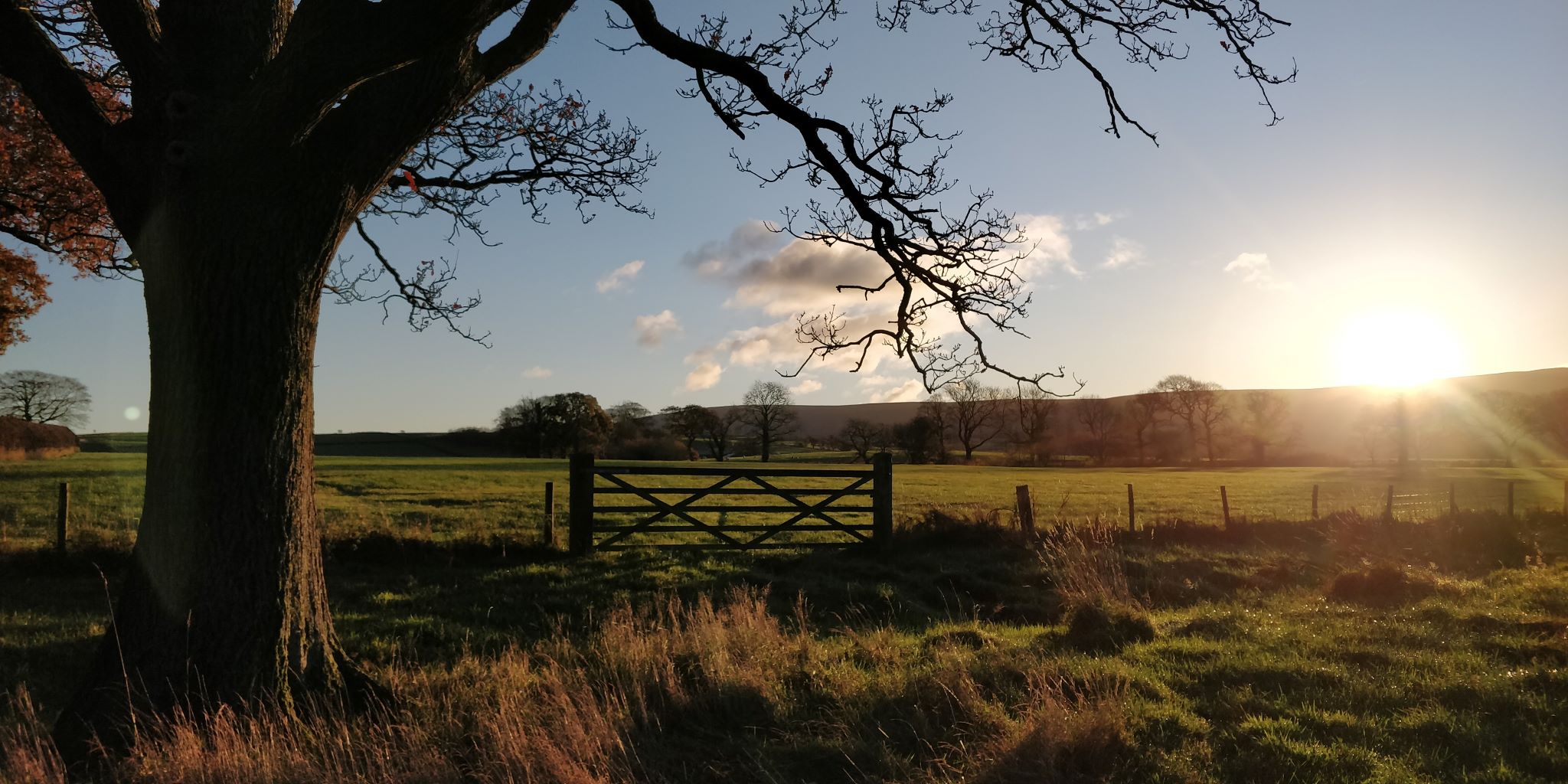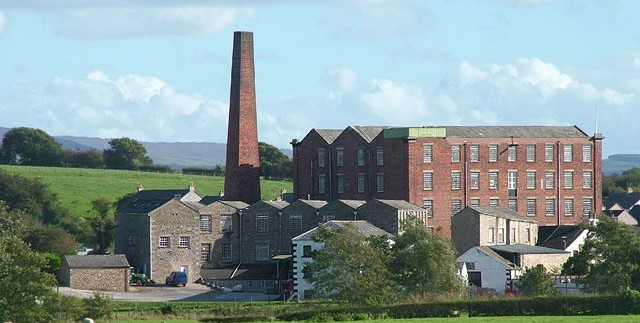
Dolphinholme
A small, peaceful village close to the Forest of Bowland AONB (Area of Outstanding Natural Beauty), characterised by its unique industrial heritage, active local community and attractive rural setting.
Long established, the first settlement of the area is believed to originate with the arrival of Scandinavians to the British Isles around the early Middle Ages. This is evident through Dolphinholme’s unusual name, most likely derived from an individual settler named ‘Dolgfinrr’ and ‘holm’, the Scandinavian meaning for island.
Well documented in recent history, the endearing tranquillity of the village belies its pioneering role in the advent of the first Industrial Revolution. Once a bustling hub of industrialisation, supporting a workforce of over 1000 as the location for the world’s first Worsted Spinning Mill; established in 1784 it spun woollen yarn for supply to looms across Lancashire, Yorkshire and as far as Norfolk and Devon.
Today, Dolphinholme’s community thrives around its two churches, highly regarded primary school, village hall and ever popular local pub, aptly named The Fleece Inn. There are several well-established community groups, regular organised community events and even an annual Dolphinholme Show; ensuring there is always something for everyone to stay active and engaged.
For information on local groups and events, please be sure to check the links in our Community section.

Galgate
Positioned in the heart of our parish and dominated by the old Silk Mill, Galgate wraps around the A6, a former Turnpike road from the 18th century and important early trading route in the establishment of an integrated free market within the recently formed ‘United Kingdom’.
The derivation of its name is uncertain but may originate with the development of the Turnpike, from the Anglo-Saxon words, ‘Gael’ meaning Scotland and ‘Gata’ meaning road. Also referred to locally, and with some fondness as ‘Rhubarb City’, again the origin is unknown with local myth claiming rhubarb as a silk dying agent.
First settled in the Middle Ages and initially established around agriculture, in 1792 this was transformed when the local corn mill was repurposed to mechanically spin silk, becoming the first in the world to do so. Through continued investment, to the complex of buildings still seen today, the Silk Mill employed over 200 at its peak and remained successful until 1971, closing as the last silk mill in England.
Today, Galgate retains a thriving community centred about its village hall, recreation field, excellent primary school, two churches and local pubs. And well renowned for its traditional annual ‘Children’s Treat’ Fun Day, est. 1889 and ‘Gaslight’ Flower and Produce Show, est. 1861.
For information on local groups and events, please be sure to check the links in our Community section.
